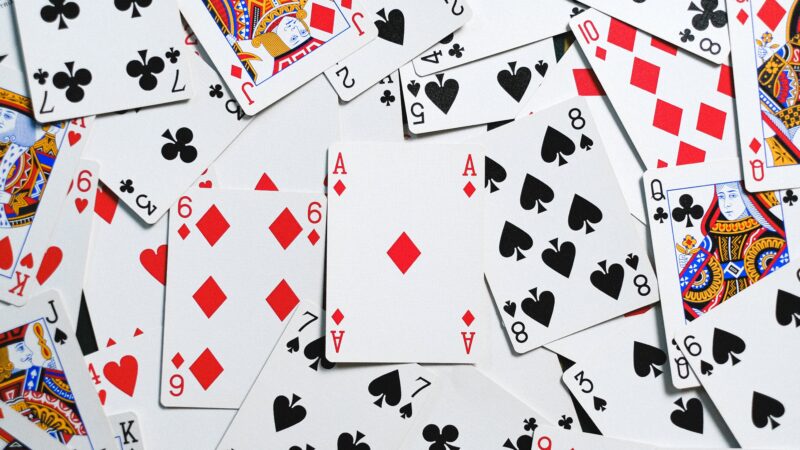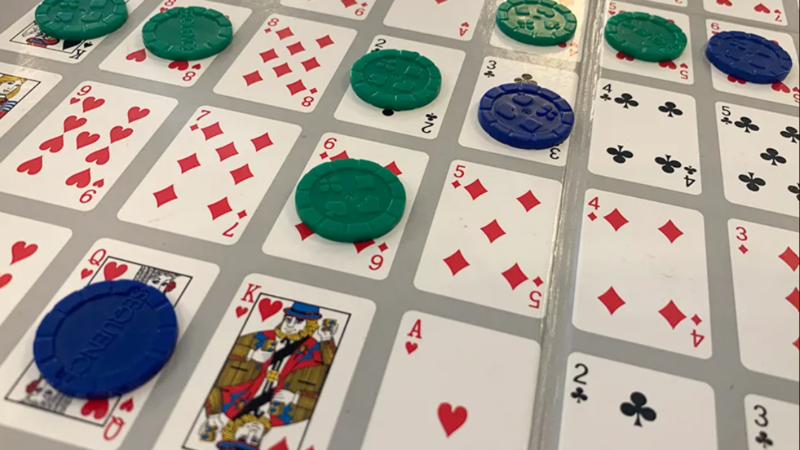How Casinos Make Money: The Handle, House Edge & More?
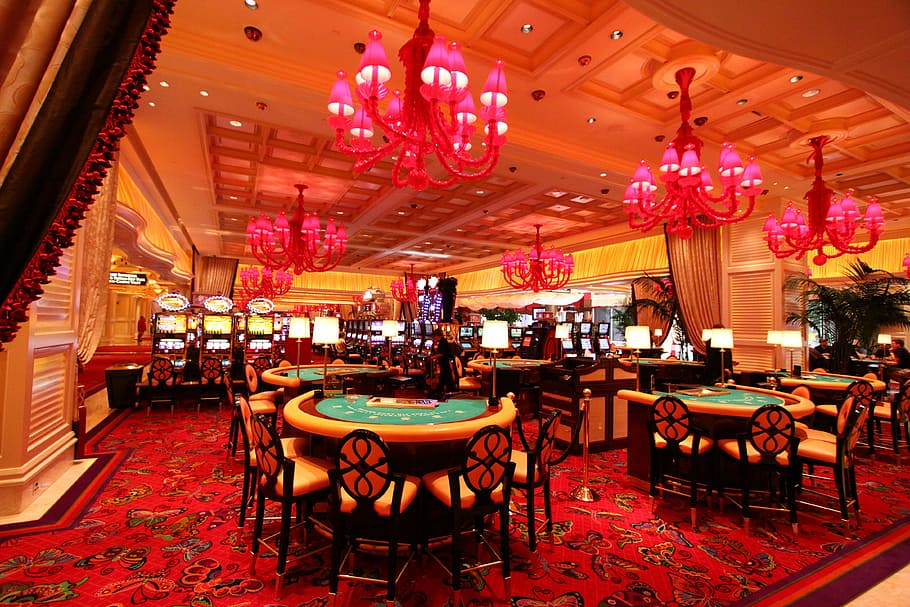
Do you ever wonder how much do casinos make? And how do they make money? Casinos make a profit by offering luck games in which the vaerage payout is much lower than the income produced by the players. Below it is explained how casinos produce income and records.
The Handle
The handle is the first way in which casinos make money and is the best way to make money. Regardless of what game the player is playing. The handle is the most important part of the gaming operator

.
The handle is the amount placed in the total bet that players put in the game. When playing board games, like craps, all the players playing the game put the bet in the handle and the handle is made of chips or cash. The player can either win the money or lose the bet.
Handle and drop can easily be confused. The drop is the credit or money traded for the chips.
House Edge
The advantage that casino has in each bet and game is called the House edge. The casino holds the theoretical advantage over the player on any single bet makes the gambling for the unknown outcomes irrespective of who holds an edge, one party win at one time.
After paying all the best, the amount retained is the casino money. This amount can also be a negative amount in case the players win more amount than what the casino holds. Hold percentage of the casino is based on total bets.
Explaining the Hold Percentage
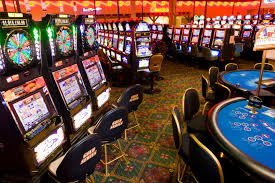
The hold percentage of the casino can be explained on the roulette table with a single or double zero- typical American wheel. On the roulette, the game casino has a 5.26 percent house edge. At the end of the shift, there is a chance of winning 20 percent of the drop amount—every $100 dollar in the dropbox household 20 percent of it. Players are likely to make bets one after another every time against the house edge of 5.26 percent.
Factors that Influence Casino Handle
Let learn how do casinos work.
Time on the device is the most important influence on the casino handle, regardless of the bet amount. There no handle and no profit, in case there are no players. Casino increases their income by finding ways to maximize house edge, average bet, and the amount of every gaming device that is in action.
The overall handle is a capacity use product, average bet, and game speed. This is the reason all players club comps are related to the average bet amount and the number of hours played, not by the amount you win or lose.
If a casino has 100 slot machines and is successful when in constant use, but the utilization of game space and the betting at table games is easily deceivable. This way, you will not see blackjack games as low as $5 or $2 minimum, even when the players are wandering and waiting to play the amount even with a $25 table with zero players.
This phenomenon can be explained properly by the math produced to win expectedly per hour at a blackjack table. 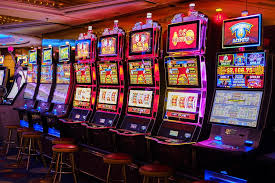 Let us assume six players are playing blackjack and betting $2 per hand; the dealer can get 375 hands out of the players. The total wagers will be $750, which is excluding splits and double down, and the house is expected to win $15 or 2 percent. Any single player would, on average, produce $4125 at a $25 table in bets every hour in this the house is expected to win $82 or 2 percent.
Let us assume six players are playing blackjack and betting $2 per hand; the dealer can get 375 hands out of the players. The total wagers will be $750, which is excluding splits and double down, and the house is expected to win $15 or 2 percent. Any single player would, on average, produce $4125 at a $25 table in bets every hour in this the house is expected to win $82 or 2 percent.
The $25 is a dead game at times, but a single-player makes up for the difference easily, and in case all the tables have low limits, and no seat is available for the big limit, then, in this case, the house loses.
The casino or house wants the player to get at least 60 hands per hour, so the totals best would be equal to $120. And when they use the 2 percent house edge system, the casino will retain $2.40 out of the play. And the casino will give back 30 cents as a comp value to 12.5 percent, which is a good margin. Most casinos try to hold the line between 10 -15 percent.


